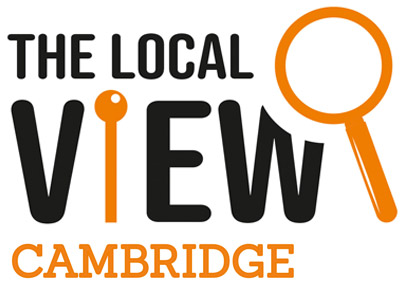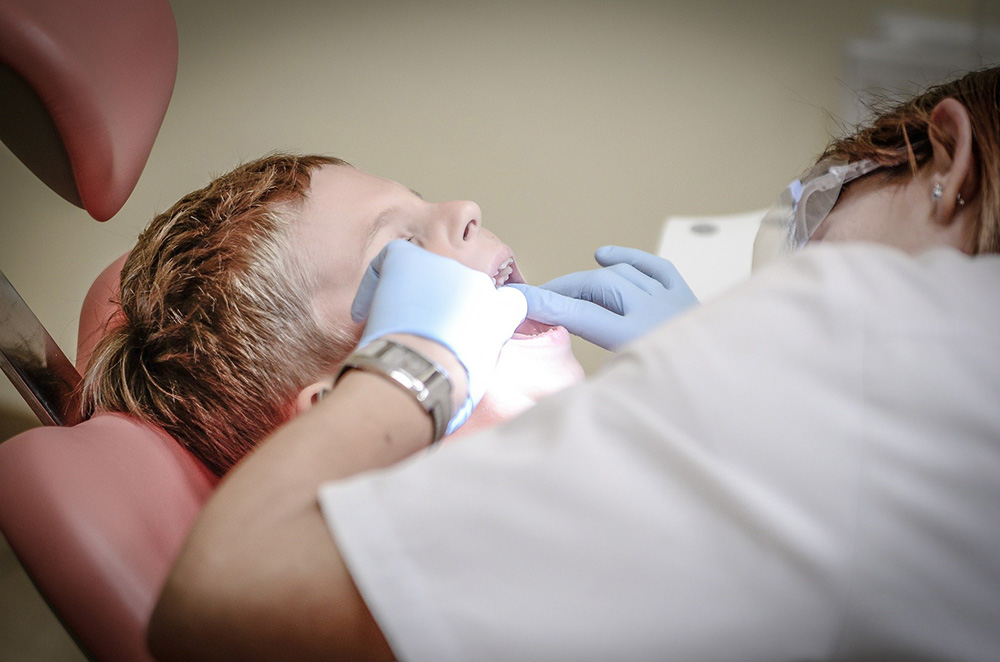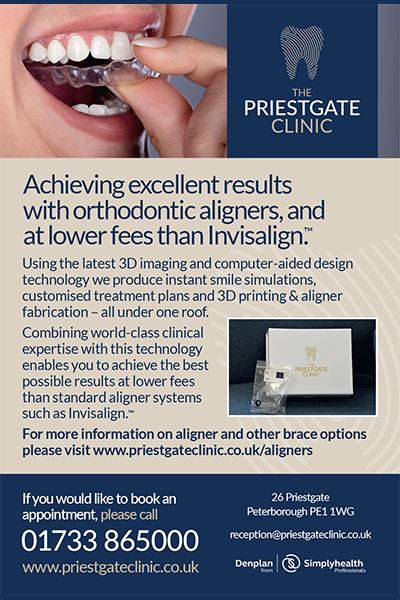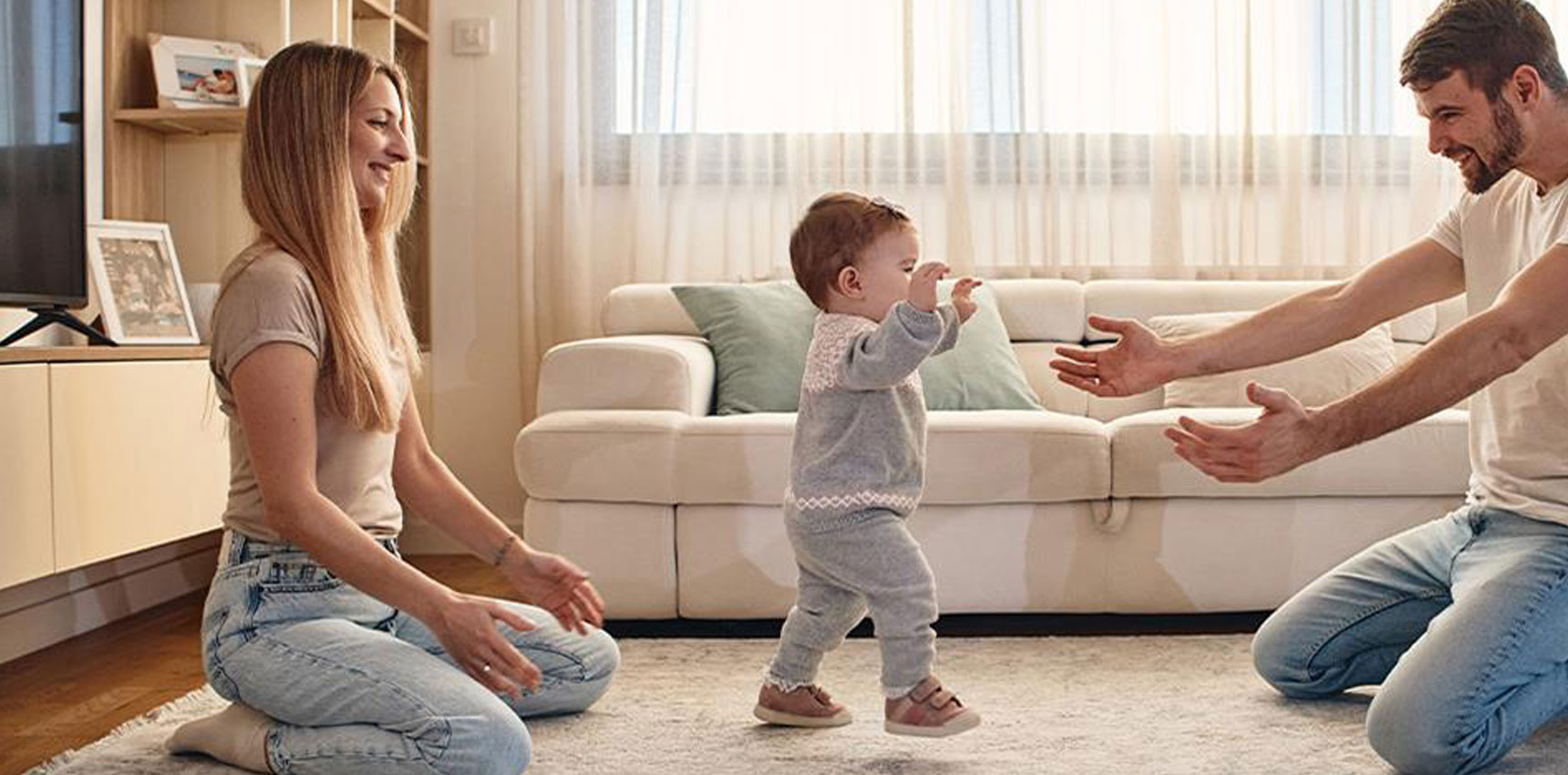Many patients utter the phrase ‘I hate going to the dentist’ when they come to our clinic for the first time. However, we fully understand why patients feel nervous and scared of the dentist. Although many dental procedures aren’t painful, anxiety and fear may be triggered by the prospect of the waiting room, a needle phobia, the high pitch sound of the dental drill, the clinical smells, the sensation of a dry mouth, or a fear of choking. Most dental phobias develop from a traumatic childhood experience, and some from a recent dental procedure. Unfortunately, dental phobia can become so severe that people avoid dental visits altogether, leading to pain and damage from unchecked gum (periodontal) disease or broken teeth. This then impacts on personal and work relationships.
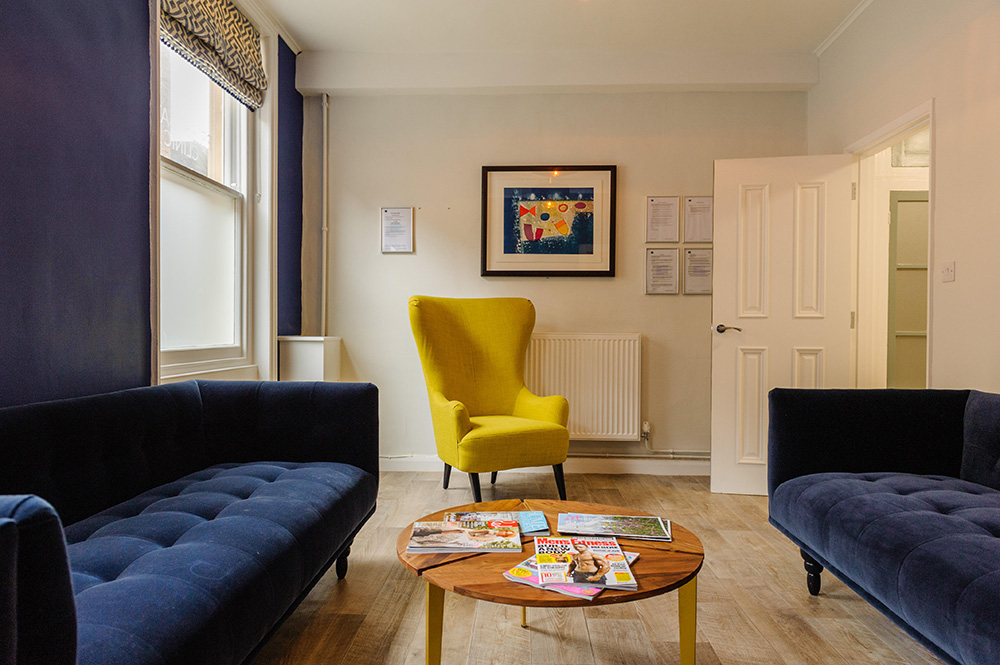
Fortunately, you can manage dental anxiety by having a check-up, since no treatment occurs at this appointment, and it helps to meet the dental team and see the environment for yourself. You can then discuss your fears, which helps your dentist tailor your care plan. This may include agreeing a signal to indicate when you need a break, helping you feel more in control. While you may think that you ‘have terrible teeth’ and need a lot of treatment, this is often not the case. In addition, some people wear headphones to block out drill sounds, and anaesthetic injections may be much less uncomfortable than you remember. Otherwise, severe dental phobia may be helped by anxiety-relieving medication, forms of sedation, or general anaesthesia.
Dr Sana Shinki is a dentist at the Priestgate Dental Clinic in Peterborough (www.priestgateclinic.co.uk).
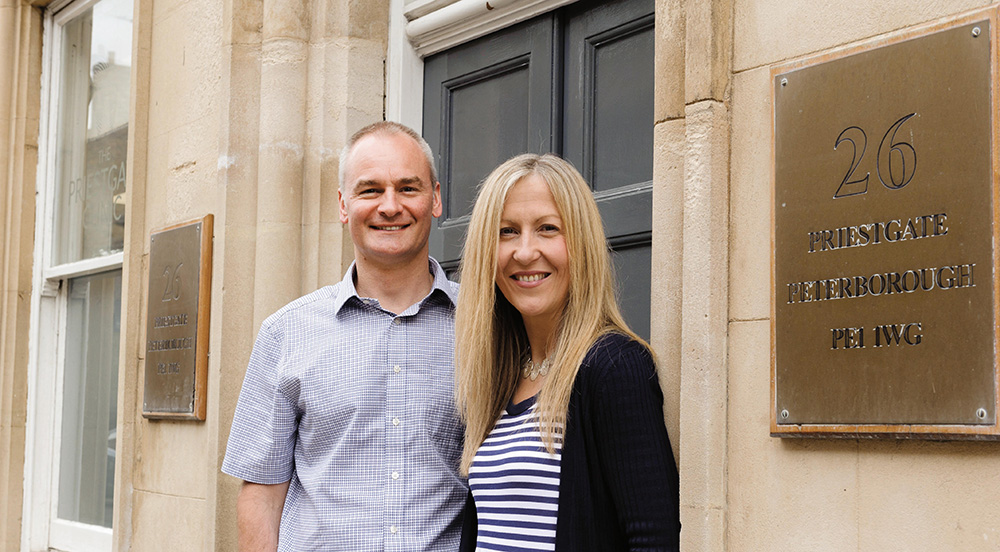
Read last month’s article from The Priestgate Clinic by clicking here.
